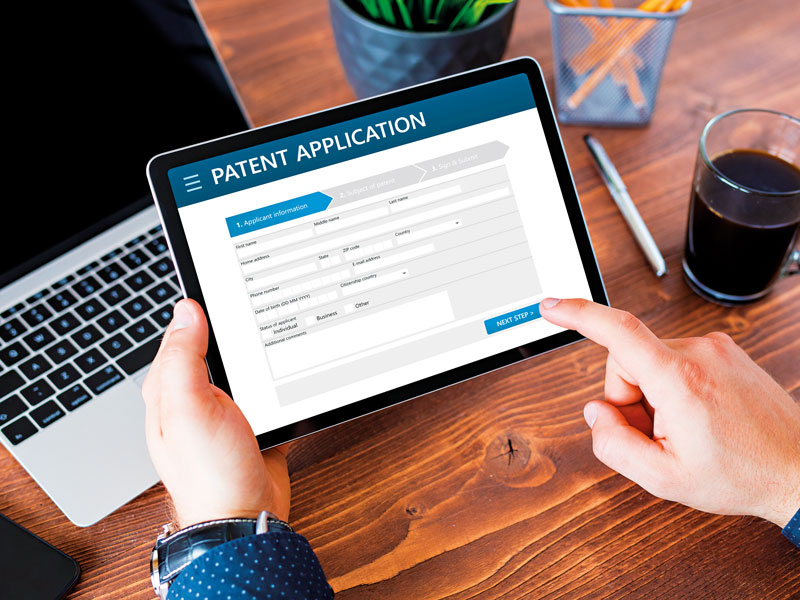
IP protection often feels unaffordable for start-ups. With limited resources, demanding investors, and less experience with the necessary systems, many SMEs are reluctant to devote funds towards uncertain patent applications and legal proceedings. For those attempting to compete on the international market, these issues – and costs – are compounded tenfold, and founders and CEOs are quick to push it down the priority list.
Yet IP protection is an essential investment in the long-term future of businesses, and all innovators deserve the ability to defend their intellectual property. As part of continuous efforts to shape a fairer, more equitable patent system, the European Patent Office (EPO) has introduced a vital change to the systems for ‘micro-entities’. With this new fee structure, which joins pre-existing measures aimed at small businesses, traditional financial barriers are no longer debilitating, bringing new hope for the Davids in a world of Goliaths.
Building on solid foundations
With innovation central to economic growth, the EPO has already implemented a series of measures to ensure all businesses can compete on a global scale, regardless of their size. Already existing is the ‘small entities’ categorisation, applicable to natural persons; non-profit organisations, universities and public research organisations; microenterprises; and small and medium-sized enterprises (SMEs).
IP protection is an essential investment in the long-term future of businesses
Those under this umbrella can utilise the language-related fee reductions which aim to ensure organisations can protect intellectual property within a global marketplace. This assistance can be vital for smaller, often cash-strapped businesses, for whom translating patent applications (sometimes with limited time) is financially unfeasible. Under this scheme, those who file their European patent application in an official state language that is not English, French, or German, are entitled to a 30 percent reduction in filing and/or examination fees.
A new EPOch
A vital new scheme joined these measures from April 1, 2024: a new fee reduction scheme for ‘micro-entities’, heralding significant opportunities for small-scale innovators. Alongside the original 30 percent reduction in fees that ‘small entities’ are entitled to, crucially, ‘micro-entity’ organisations are able to apply this reduction to all major payable fees across patent prosecution, including filing, examination, search, designation, grant, and renewal fees.

The new status encompasses the same organisation types as ‘small entities’ excepting SMEs. However, crucially, the ‘micro-entity’ status is now no longer respective of an organisation’s nationality or domicile. Increasing the usability of the status comes at a highly welcome time considering the global economic climate and the EPO’s yearly fee increase that otherwise occurs on April 1.
Checking the terms and conditions
Like claiming ‘small entity’ status, to reap the benefits of being a ‘micro entity’, applicants are required to declare their status in front of the EPO. Reductions can then be applied to any relevant fee payments made alongside, or after, this declaration is filed (from April 1 onwards). If there are multiple applicants for a given application, each individual applicant must qualify. It is also the status of the new applicant which determines whether an application qualifies as a ‘micro-entity’ if any European patent application is transferred. Furthermore, these reductions are only applicable if the applicant has filed fewer than five applications in the past five years.
In order to maintain these benefits, it’s important to know that the EPO will be holding random checks on applicants’ status and so must be informed when there are any relevant changes. If any declarations are found to be false or incorrect, the reduced fee will be categorised as ‘not validly paid.’ The application can then be cast as withdrawn, and while organisations may be able to ‘revive’ it, this process can be even more financially significant. Compared to the USPTO’s 80 percent reduction in fees for ‘micro-entities,’ the EPO’s reform doesn’t appear quite as favourable.
Yet the progress still holds great potential for affected businesses, especially with the change to location determiners, and indicates that the EPO is increasingly aware of the value of smaller persons and organisations.


